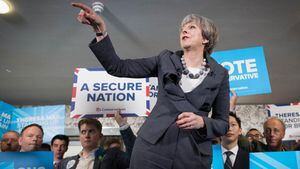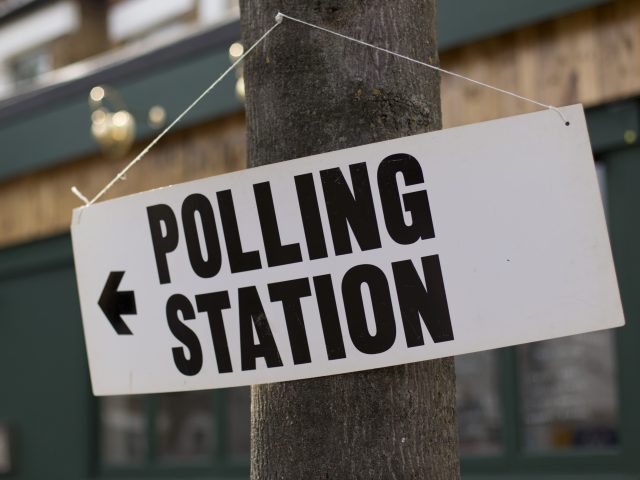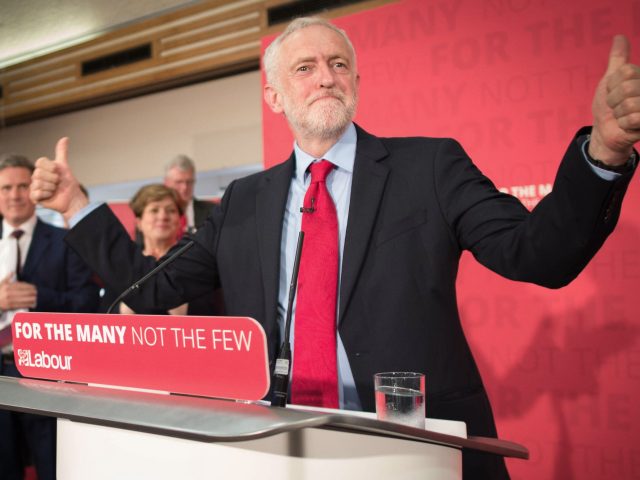Tories ‘had one of their best results among working class at election’
The new battleground at the next election will be among low income voters, researchers said.

The Conservative party probably had one of its best results among the working class in the general election but people on low incomes were still more likely to vote for Labour, a new study reveals.
Both parties increased their support among low income voters by about 8% but neither made a dramatic breakthrough at the expense of the other, said the Joseph Rowntree Foundation (JRF).
Low income voters were “pulled in different directions” by concerns over living standards and identity, the first in-depth analysis of this group of voters found.

People on low incomes wanted their concerns around living standards to be addressed as well as Brexit delivered, but given the choice between the two, their economic circumstances outweighed concerns around identity and immigration, said the report.
JRF said its analysis showed how the new battleground at the next election will be among low income voters if the main parties are to secure a majority.
The research, by Professor Matthew Goodwin at the University of Kent and Professor Oliver Heath at the Royal Holloway University, found that 42% of people on low incomes voted for Labour, compared to 37% for the Conservatives.
While the Conservative party’s stand on Brexit attracted some low-income voters, Labour’s message on the economy attracted them much more, said the report.

Campbell Robb, chief executive of JRF, said: “The Brexit vote showed why we need a new national mission to transform the prospects of people and places who have been left behind, yet the offer made by the main parties at the general election fell far short.
“Neither of the main parties did enough to convince voters on low incomes they could offer meaningful change. This analysis shows that both of the main political parties have a lot of work to do to secure the votes of people on low incomes.
“The party that seizes this agenda could be more likely to secure a parliamentary majority at the next election.
“Otherwise we risk a standstill generation in British politics, where people’s prospects stagnate, or worse, fall backwards.”
Prof Goodwin said: “This research shines a bright light on what is a key battle in British politics today. Instinctively, many low income voters support Brexit and controls on immigration yet they simultaneously feel that the economy is not working for people like them.
“In the end, many of these opted for Labour because of their economic worries but this deal is by no means signed, sealed and delivered.
“Both parties would do well to turn up the volume on their appeals to low income Britain, and those at risk of poverty, if they are to achieve what neither of them has so far managed – a parliamentary majority.”
Prof Heath said: “Gone are the days when people on low incomes and working class voters gave unconditional support to Labour. These groups are now up for grabs, and in the next election could swing either way.”





